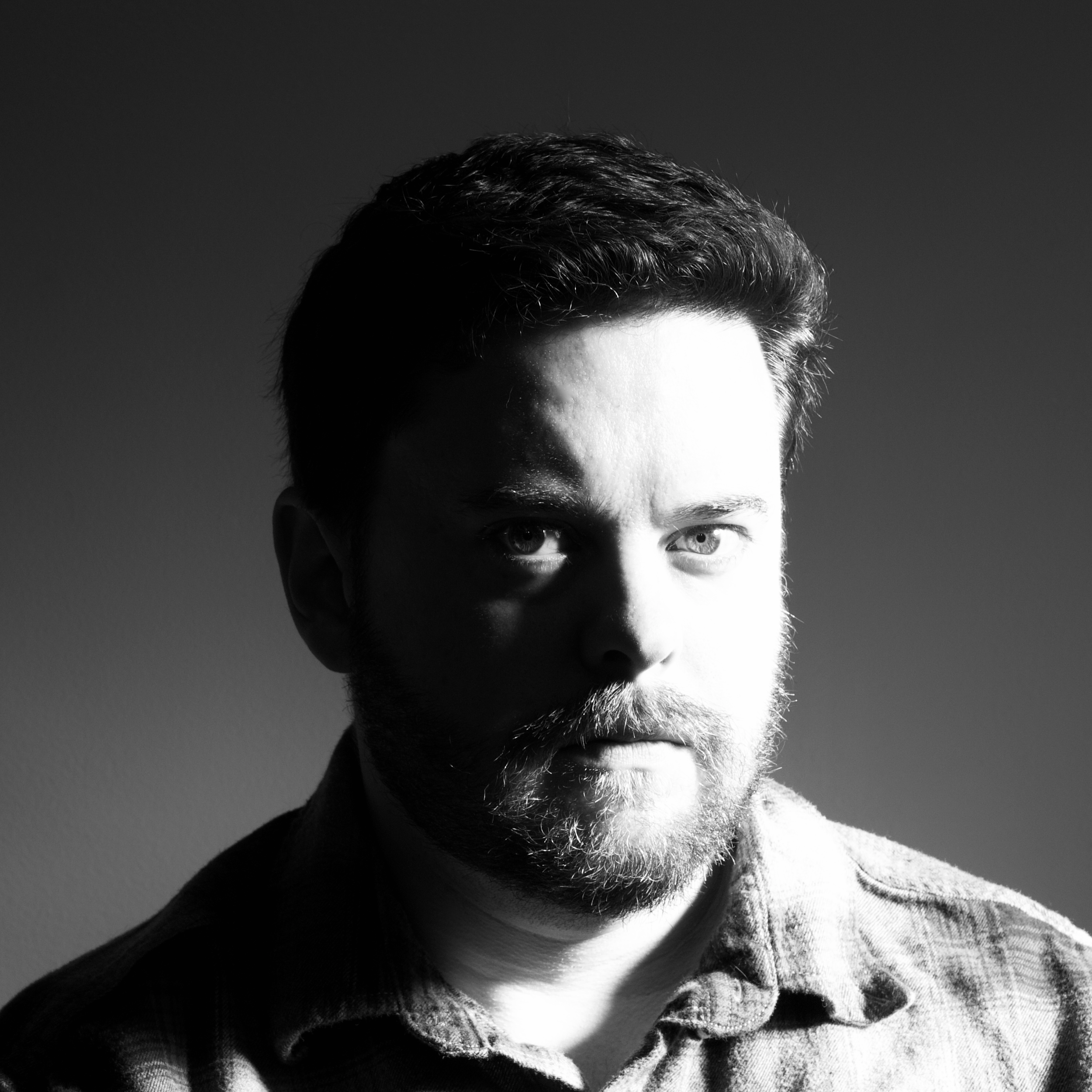SHOTS IN THE DARK – MALENA SALAZAR MACIÁ – TRANSLATED BY TOSHIYA KAMEI
The soldier held his breath while lying along the trench wall. How did I get here? he wondered. It was night. Bullets furrowed a sky full of smoke, the smell of shrapnel, a fresh bomb, screams, moans, and prayers in so many languages. The battlefield was lit like Fourth of July fireworks. But it wasn’t even July, and the fireworks wore the cloak of death.
He had killed a whole family that day. Father, Mother, two small boys. The general said it was a war, and that wars left no margin for doubt. He grabbed the rifle he was once reluctant to use and pointed it to people who hugged each other in such a way that it was impossible to break them apart. The soldier gunned them down. Yes, the gun kills, not me, he groaned.
While he curled up in the trench and his comrades fell at his side without a whimper, struck by shots in the dark, the soldier remembered the family again. Then every face became familiar to him: it was he, his wife, and his two sons waiting for him back home. What was he going to tell them? That their daddy was a war hero? But he was so far away and, at this point, he didn’t even know the two boys so similar to his own did to deserve such an end.
The soldier wondered what difference there was between him and the family he had killed. None, he concluded.
Mishandled by someone from his own troop, a stray grenade exploded in close proximity.
The trench lit up like daytime.
Back home, Ronald was in a gas station. He bought a pack of cigarettes and a bag of chips to munch on as he drove. I could use some tacos from those Mexican bastards, he told himself as he went to his car. He hadn’t said anything to his sister-in-law, only to her kids: Uncle Ronnie’s gonna be a war hero, like your daddy. He’s gonna kill bad guys who want to destroy our great country. Secretly, Ronald envied his brother, who had been conscripted to go to the war. He, on the other hand, had a medical condition, a heart problem, according to his doctor. No, he couldn’t go kill criminals.
But while his brother fought in a faraway land, he paid no heed to what was happening over there. Their president declared, “We’re being invaded.” So Ronald promised his nephews to clean up the mess while their daddy was away. The kids, of course, didn’t get it. Perhaps because their mother had a different skin color from their uncle and father, perhaps because they themselves weren’t the color Ronald approved of. But they were family, so he couldn’t let them down.
The night caught up with Ronald. He had run out of cigarettes, his bag of chips, and he didn’t find a single taco stand all the way. He rolled into a city whose name he didn’t bother to look up on his smartphone. He drove through the streets at a slow speed and found a crowded bar. Ronald parked, opened the trunk of his car, and took out a brand-new AR-15, which he had bought at Walmart several hours ago. He stepped into the bar and before the bouncers could stop him, he started shooting. He laughed as he emptied his shells. Surely his brother was enjoying doing the same thing in the war.
He aimed at the bar. A dark-skinned woman with deer-like eyes lay on the floor. She reminded him of his sister-in-law, the mother of his nephews. In fact, in the dim lights of the bar, she might well be her, gazing at him in terror through her arms she threw over her head. Ronald always loved his sister-in-law, but his baby brother, a war hero, was faster with girls and less prejudiced.
He lowered the gun. He wondered what difference there was between him, his family, and everyone he had killed that night. None, he told himself.
The police officer’s bullet pierced through the gloom of the bar and smashed through his defective heart.
The soldier’s wife received a flag-draped coffin along with a red velvet-lined box housing the medals posthumously awarded to her husband. Your husband died a hero, ma’am, the general said and handed her the revolver with three bullets left. The woman returned home wondering how to break the news to her boys—that their father had come home in a box. It was enough that Uncle Ronnie had gone mad, committing mass murder.
The grandmother looked after the house. The woman did not see her when she arrived, but she did see the children playing in the garden, while she pressed against her chest the medal box and the revolver in her purse. Why did her husband have to go and leave her? Was the threat truly that imminent? What invasion triggered Ronald was so convinced to eradicate? What was the difference between those outside her home and those within? None, she told herself. She put her purse on the dining table and locked herself in her bedroom to turn away from reality.
The boys entered the house. They wanted to drink water. The older boy noticed something metallic shining inside Mommy’s half-open purse. Maybe she had bought them something. The elder boy took out the revolver. It was heavy, but he lifted it up, pointed it at his baby brother, and laughed. Look, Tommy. Just like Daddy and Uncle Ronnie! Bang, bang, bang!
Then, real shots echoed in the dark kitchen.
Malena Salazar Maciá was born in 1988 in Havana. In 2015, she was awarded the Premio David de Ciencia Ficción for her debut novel, Nade. Her second novel, Las peregrinaciones de los dioses, won the Premio Calendario in 2017. Her fiction has appeared in Selene Quarterly Magazine and Speculative Fiction in Translation.
